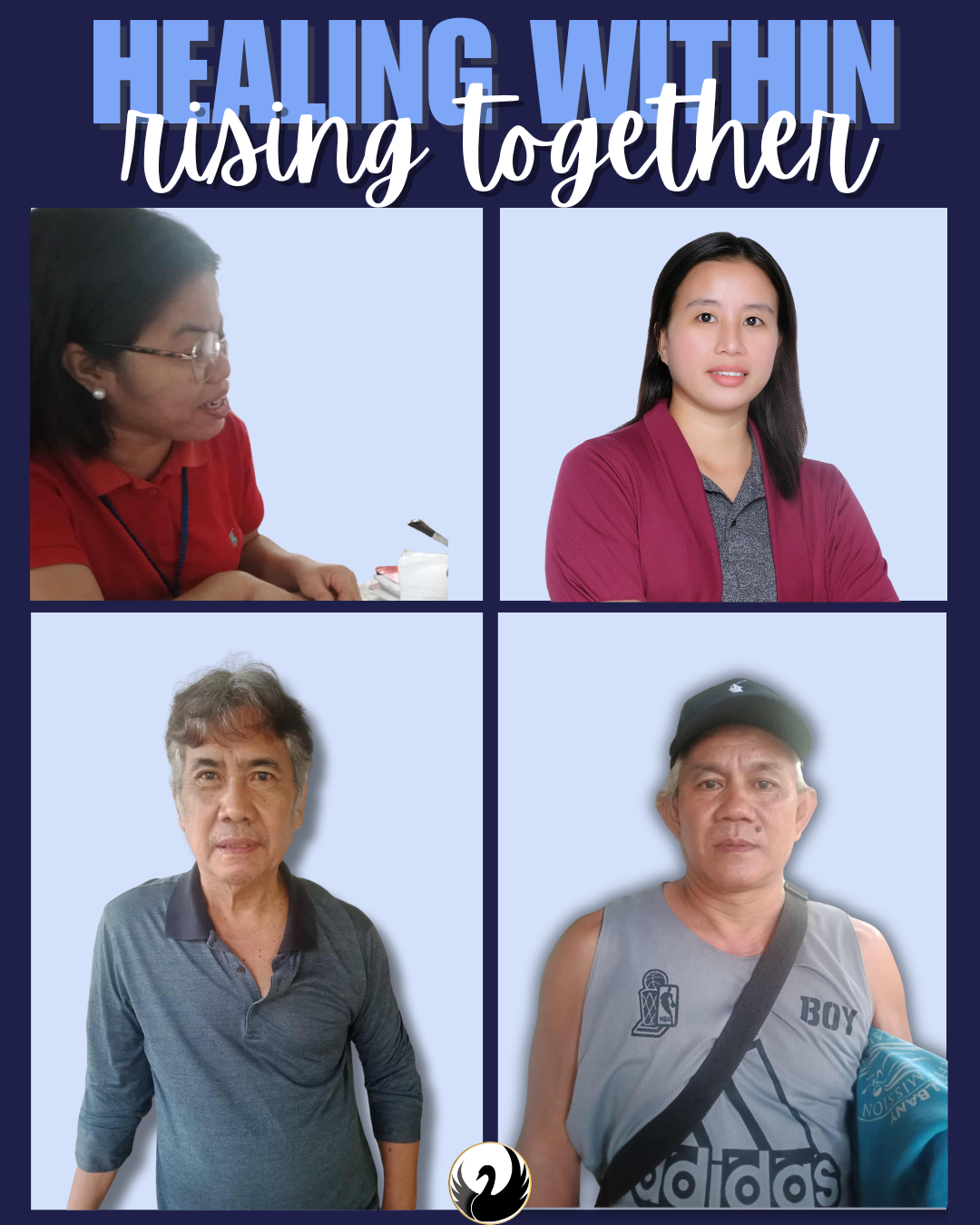Development is often measured in infrastructure, income, or policies. But in New Lucena, it is also measured in something more profound—how people heal, forgive, and find purpose together. Every week, ICW graduates and community leaders gather for their Kamustahan, a simple yet transformative practice where personal reflections turn into collective wisdom.
This week’s Kamustahan circled around Matthew 6:14–15: “For if ye forgive men their trespasses, your heavenly Father will also forgive you.” Forgiveness, as it turned out, was not just a biblical command but a lived struggle—and a victory.
Charmagne Solinap spoke with disarming honesty. She recalled the pain of being misjudged and maligned. “Of course, I was angry during that time… but the feeling was so heavy,” she admitted. For a long time, the anger clung like an invisible weight. It was only through prayer and persistence that she learned to release it.
“After a year, I realized I had already forgiven them. With that, I feel so blessed, and many blessings came to me and my family.” Her story was proof that forgiveness is less about the offender and more about reclaiming one’s own peace.
Elbert Esperacion followed, sharing his own lesson in patience. “Sometimes your patience really runs out with people who are difficult to understand,” he said with a half-smile. But forgiveness, he added, has its own rewards.
“If your forgiveness is wholehearted… many good graces or blessings come to you, even when you least expect them.” For Elbert, forgiveness was not abstract theology but a practical key to peace of mind.
From there, the reflections widened. Josie Aguilar, balancing her responsibilities in the LGU, admitted how heavy the pressures of public service can be. Yet her compass remains steady: “I always think of the welfare of my sector… I really do what I can for the development of the sector in the municipality.” Her words captured the heart of participatory governance—the belief that leadership is not about status but service.
Finally, Isabelo Luscares grounded the circle with his own journey of faith and self-care. Despite his health challenges, he found joy in returning to serve in the church’s Healing Ministry. “I am happy and I also feel welcomed in the church,” he shared, while reminding himself—and the group—that caring for one’s body is as important as caring for the soul.
“It’s important not to neglect one’s health… food should be healthy, there must be exercise, and the doctor’s advice must be followed.”
Together, these stories wove a striking truth: sustainable change begins not with grand projects but with transformed people. This is the genius of SEA Inc’s IPAT-SIAD program—its insistence that development must be both systemic and spiritual, practical and personal. Inner Conditioning Workshops may look like simple sharing circles, but in reality, they are seedbeds of resilience. When participants like Charmagne, Elbert, Josie, and Isabelo learn to forgive, serve, and persevere, they carry those lessons into families, communities, and governance itself.
As one participant reflected, “If you have peace within, it’s easier to give peace to others.” When peace begins within, it naturally flows outward.
New Lucena’s weekly Kamustahan is more than a check-in—it is a quiet revolution. Week after week, it reminds us that forgiveness can heal wounds, that service can overcome pressure, and that faith can anchor us through trials.
And perhaps that is the clearest measure of progress: not just roads or reports, but hearts unburdened, lives renewed, and communities rising—together.





Leave a Reply